Ádám Cser and the Miskolc Symphony Orchestra, 28 April 2019, Sunday, 7:30 pm
„I wrote it for elephants”, said Sergei Rachmaninoff, according to some sources, to Vladimir Horowitz. Josef Hoffmann, original recipient of the piece, never played it in front of the public, and Gary Gaffman was sad to remark that he should have known and played this one as a student, „back then when I was too young to know fear”.
Why do musicians react like this if they think of Rachmaninoff’s Piano Concerto No. 3? Is it really the biggest technical challenge all over the world of music? What can motivate a young pianist to play this piece, how do they prepare for this literally gigantic achievement? I asked Martín García García about this, and contemporary composer Ádám Brandenburg also gets the word to introduce his own piece which will be played at the same concert.
How did your career start? What was the moment when you decided that you will be a pianist, what were the first acknowledgements in your profession?
My career has not started at a certain point. Somehow every musician should be already born in music with a performing stage at hand. It is definitely a very important part of our profession and we must develop it from an early age, especially those to be performing solo. I feel like my career has just began, after having finished my studies and planning on moving out of Madrid, which has always been my home along with Gijón (my birth town). Acknowledging that we should always perform in front of any audience, our little personal achievements get to pile up slowly and there may be no clear stages in our profession more than those stated by schools. I certainly cherish some moments with special pleasure, like my first time to play with an orchestra, around 8 years old, or some competitions from many years ago which developed my perception of the world, especially the musical world.
What does Rachmaninoff’s Piano Concerto No. 3 mean for you, how do you perceive the challenge that this piece is associated with?
This Concerto always was a piece I looked at with a bit of fear and awe at the same time. And it was honestly all built up from the general belief that the piece is like the highest peak to climb and by far the harshest. The true fact is that, like everything in art, it depends. Because that belief is only based in numbers and technical difficulties. But it is well known that Rachmaninoff composed it for his own dexterity and artistic liberty to do whatever he wanted with the instrument he dominated. So it was not a struggle or challenge, but more of a demonstration of possibilities, both technical and musical components always combined. So when I finally decided with my professor, Galina Egiazarova, to start it, I took it with a quiet respect. But after a while into it, it didn’t seem like a work on its own, but “just” a genius piece of music. And the work started to be related to its big musical and compositive conception, and stopped being a “challenge”, or something to respect critically more than even any of his other Concertos. Rachmaninoff himself, for example, preferred to program his 3rd Concerto over his 2nd Concerto because it was just easier for him. That is really something to think about!
How do you prepare for playing the piece? Do you get inspiration from other pianists?
Nowadays, with the big possibilities we have at the reach of our hand, we can hear any pianist playing since the microphones where invented almost a century ago. That gives a great source for any musicians to investigate and create a strong opinion on their own, and as it is this case, to listen to the composer himself playing his piece several times over the years. What is for sure is that playing is not copying, so listening should never turn into something to base our interpretations, because the word “interpretation” already means subjectivity; subjectivity is only possible with personal conviction and development from a base of cultural perception of the score and recordings. Many times recordings have helped to give a general idea of the piece and to listen to the whole, which would not be possible in the solitude of the practicing space in such works like this, involving an enormous orchestra.

Ádám Brandenburg on his work Prières nocturnes (Midnight prayers):
„I wrote my first orchestral piece in 2017 for my diploma concert which finished my studies at the Liszt Academy. Even then, I was totally into the question how one can showcase a sacral thematic in an abstract musical environment, and this became the main source of inspiration for the piece. Apart from my subjective experiences, I wanted to use the possibilities of the symphonic orchestra, its many tones and bright spots, to enrichen my process of composing. My piece won third prize in the orchestral category of the New Hungarian Music Forum in 2017, and it also won the special prizes of the Müpa, the Bartók Radio, and the Universal Music Publishing Editio Musica Budapest.
How does it feel in the end to stand in front of an audience, knowing that the moment has finally come to play something that you’ve been preparing for for ages and with lots of energy?
It is a very unique feeling for sure and the result is really impossible to
explain for me. It is at the same time relief, urge to come back to the
beginning, and also an unattainable unfulfilled feeling just willing to be
filled again as it was a few minutes ago within the warmth of the music.

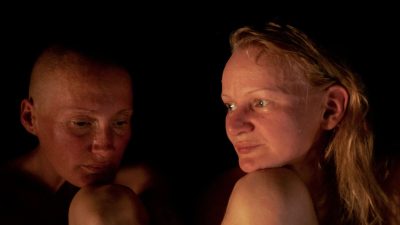
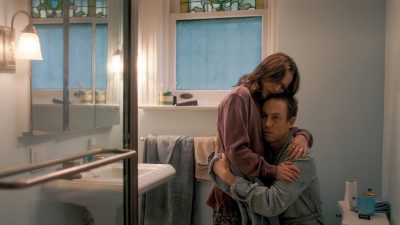
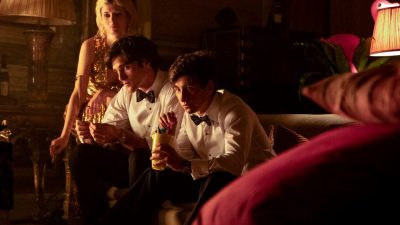
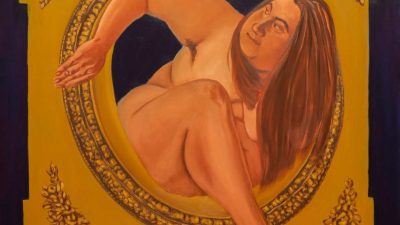
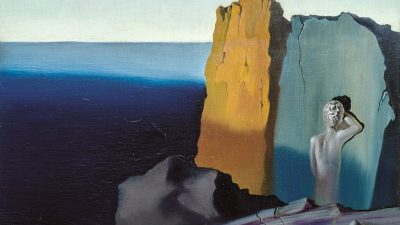



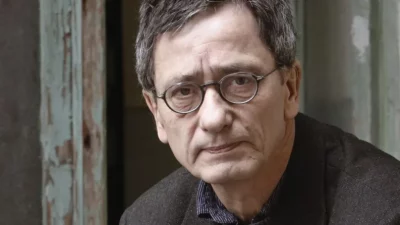



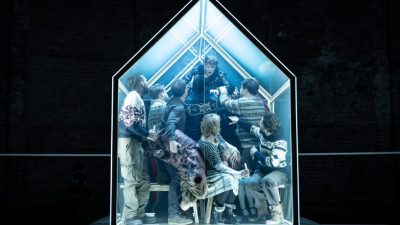
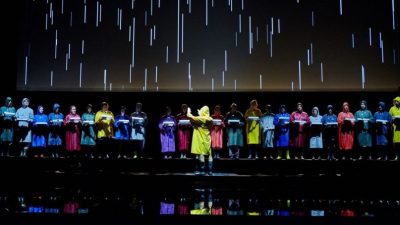





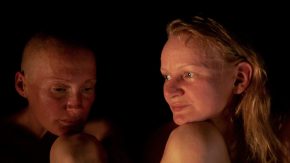

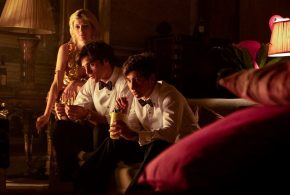
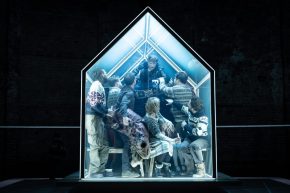

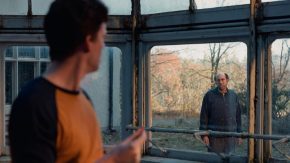
Comments